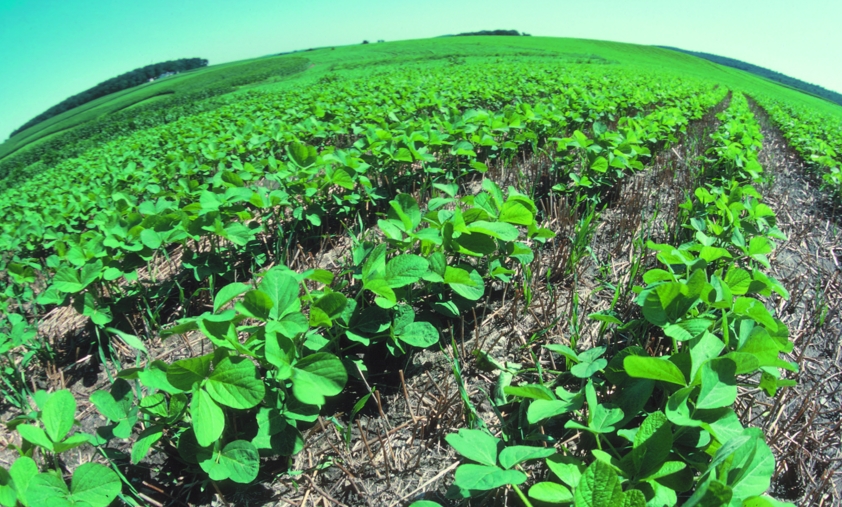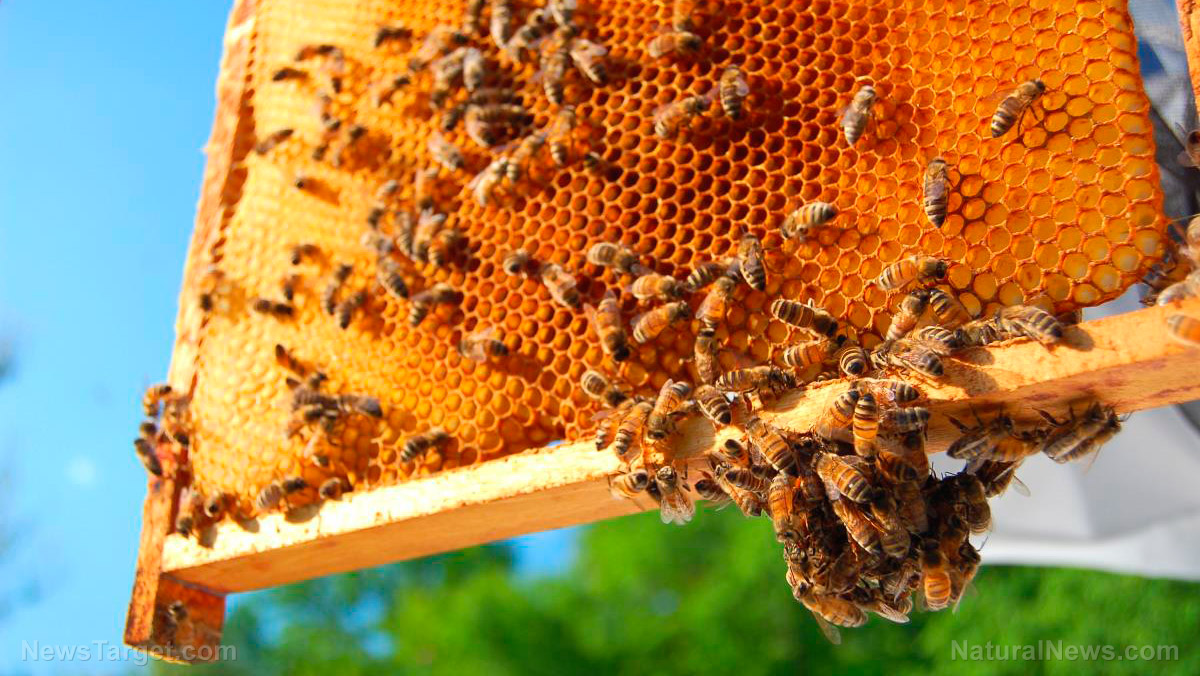Scientists working to understand the defensive properties of lavender oil, hoping to develop natural pesticides
12/06/2018 / By Russel Davis

A team of Canadian researchers at the University of British Columbia Okanagan (UCBO) campus are examining the potential of herbs in producing natural pesticides, specifically lavender oils. According to the experts, lavender is known for its strong aroma and its oil is touted for it healing or soothing properties. The scientists have pooled data from a campus research field in order to identify, classify, and replicate the specific genes that regulate the aromatic herb’s defensive properties.
The results are published online in Plant Molecular Biology.
Soheil Mahmoud, an associate professor of biology at UBCO, explained that the purple flowers produce essential oils that are made up mostly of organic compounds such as 3-carene, an antimicrobial and insecticidal monoterpene. Several students have recently been able to examine both the gene and the corresponding enzyme that facilitates 3-carene formation in lavenders.
Mahmoud has stressed that while chemical herbicides or pesticides have been traditionally used to undermine infestation and fungal growth, the use of commercial products have become less desirable over the years due in part to the increased resilience of pests and fungi. Likewise, the expert noted that an increased preference for safer, more natural food products among consumers has also played a role in the commercial products’ declining popularity.
“Lavender has proven to be very good at protecting itself through production of antimicrobial and anti-fungal biochemical compounds. One of our goals is to identify molecules that are involved in this natural self-defense. We’ve become much more health conscious. There are healthier options instead of spraying chemicals on plants; we just need to explore these. Aromatic plants like lavenders could provide suitable alternatives to chemical–based insecticides,” Mahmoud has stated in a Kelowna Capital News article.
The research has been funded through grants and/or in-kind support by various institutions including the Genome British Columbia, Agriculture and Agri-Food Canada, the BC Ministry of Agriculture, and the Natural Sciences and Engineering Research Council of Canada.
Past study demonstrates lavender’s potential as a natural herbicide
A 2009 study has already established that using essential oils extracted from lavender may serve as a potent natural herbicide.
A team of Italian researchers examined the effects of applying lavender oil to the root growth of the Vicia faba plant in order to carry out the study. According to the scientists, the weed contains large chromosomes that make it amenable to laboratory tests designed to assess the genetic toxicity of lavender oil. (Related: Use Natural, Non-Toxic Pest Control without Resorting to Dangerous Pesticides.)
The research team found that the oil showed remarkable efficacy in killing the weed even at low concentrations. The experts also discovered that essential oils extracted from lavender oil greatly affected the growth of soil microbes and fungi. According to the experts, lavender oils would most likely be used either before planting or prior to seedling transplantation. This is to prevent the essential oil from inducing toxic effects on the crop itself, the scientists added.
“Essential oils could be useful as potential bioherbicides as an alternative strategy to the chemical remedy. The use of phytochemicals permits the development for more sustainable agriculture at low environmental impact. Further studies are now needed to evaluate use of such oils “in the field”… essential oils are not accumulated in the environment, because of their low persistence due to the easy degradation by microbial and enzyme activity. This aspect could represent an advantage compared to the bioaccumulation of chemicals on soil,” the researchers have explained on Science Daily online.
Sources include:
Tagged Under:


















